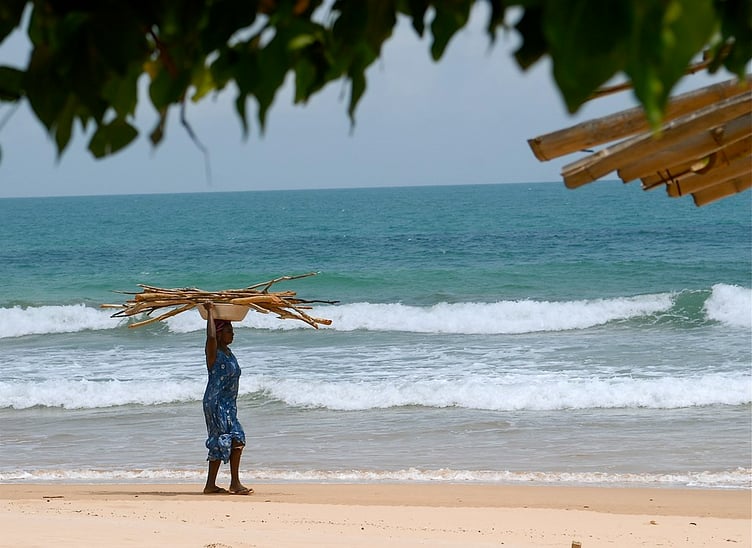The Ghanaian wife and children of a migrant worker have failed in their bid to move to the Isle of Man - after it emerged that he’d had a baby with another woman.
Immigration adjudicator Christopher Arrowsmith dismissed the family’s appeals and upheld the decision to refuse them entry clearance.
Separate appeals had been filed by a woman referred to as C and her three children, B, D and E, aged 18, 15 and 11 respectively. They are all resident in Ghana.
And they claimed the decision was a breach of their human rights.
But having submitted the appeals, it emerged that the husband was in a relationship with another woman and they’d had a baby together.
The entry clearance officer noted: ‘It has become apparent [that the] sponsor is in a relationship with another female present in the Isle of Man.
‘The female presented at our public counters on April 24 2025 with a new baby, which raised our suspicions.’
Checks on Facebook revealed pictures of C’s husband with his new partner, including photos of outings, anniversary celebrations and a pregnancy gender reveal announcement.
The wife back in Ghana insisted they remained in a genuine and continuing relationship.
Addressing the fact that her husband was father to another woman’s baby, she said: ‘We are a family unit and the birth of the child has not changed anything. The issue [is] wholly irrelevant to our application to join my husband in the Isle of Man.
‘As an African woman, I am willing to welcome the baby into our home.’
She submitted several photographs showing her together with her husband.
But the entry clearance officer expressed ‘considerable doubt’ there was a genuine ongoing relationship.
All but one of the supplied photos of the husband and wife together seemed to have been taken on the same day.
And they challenged whether the application in respect of C’s eldest daughter, B, was genuine, too, given that it was only after this was refused that applications were made for the mother and siblings.
‘This suggested an attempt to by-pass the standard eligibility criteria,’ the officer noted.
B’s entry clearance had been refused as there was no compelling reason why she should join her father in the Isle of Man rather than stay with her mother in Ghana.
But the mother and the other two children, D and E, were refused entry clearance because the father at the time was living in a two-bedroom property which did not have enough space for the whole family.
In respect of their rights to a family life under the European Convention, the entry clearance officer pointed out that the father had made the personal decision to leave his country of origin to live in the Isle of Man and there were no insurmountable obstacles to him returning to be back with his family.




